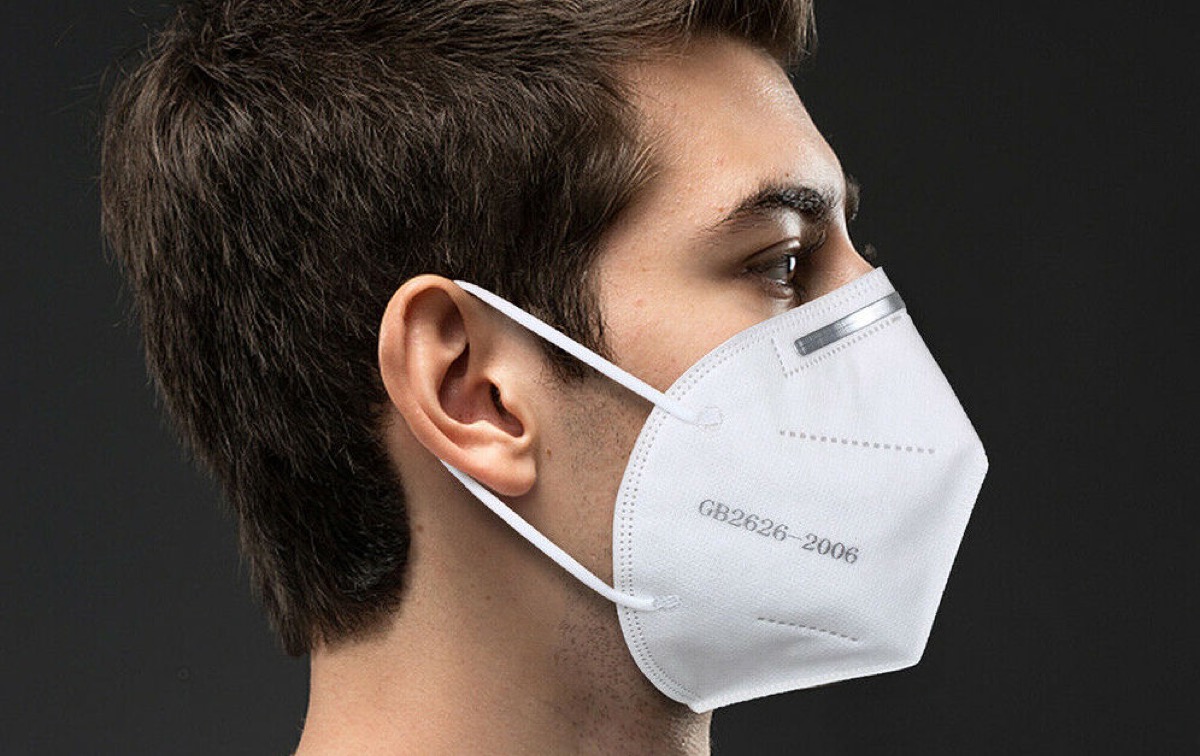Choosing the Best N95 Mask: A Guide to Effective Respiratory Protection

In recent times, respiratory protection has become a crucial aspect of personal safety, thanks to increasing pollution levels and the COVID-19 pandemic. While various types of masks are available in the market, N95 masks have emerged as one of the most reliable options. This comprehensive guide will walk you through everything you need to know about n95 mask – from their features and benefits to proper usage and maintenance – so that you can make an informed decision when it comes to safeguarding your respiratory health.
Understanding N95 Masks:
What is an N95 mask?
An N95 mask is a type of respirator that filters out at least 95% of airborne particles, including large droplets and smaller aerosol particles. These masks are specifically designed to provide a tight seal around the nose and mouth, ensuring that air passes through the filter before being inhaled. Due to their high filtration efficiency, they offer superior protection against harmful particles compared to regular cloth or surgical masks.
Key Components of an N95 Mask:
An N95 mask typically consists of multiple layers of polypropylene material, including a melt-blown filter layer that provides effective filtration while still allowing for comfortable breathing. Additionally, these masks often feature a metal nose strip and elastic straps to ensure a snug fit around the face. The combination of these components makes N95 masks highly effective in protecting against airborne particles.
How do N95 masks work?
N95 masks feature multiple layers of electrostatically charged microfibers that effectively capture particles as they pass through the filter. The close facial fit ensures minimal leakage around the edges, further enhancing its efficiency. Additionally, these masks have exhalation valves that allow for easy breathing while preventing moisture buildup inside. This makes N95 masks a comfortable and effective option for extended use.
Ensuring Proper Fit:
One of the critical factors in the effectiveness of an N95 mask is its fit. Here are some tips to ensure a proper fit:
The mask should snugly cover your nose, mouth, and chin without any gaps.
The straps should be adjusted to provide a secure but comfortable fit.
Perform a user seal check by covering the mask with both hands and exhaling forcefully. If air leaks around the edges, readjust the mask or choose a different size.
Why choose an N95 mask over other options?
Better filtration efficiency: As mentioned earlier, N95 masks filter out at least 95% of airborne particles – a significantly higher percentage than what cloth or surgical masks can achieve.
Snug fit: Unlike other types of face coverings, N95 masks are designed to provide a tight seal around your nose and mouth. This minimizes leakage and enhances overall protection.
Suitable for various purposes: While primarily used for occupational safety and healthcare settings, these masks also offer effective protection against pollution, allergens, and of course, pathogens like the coronavirus.
Choosing the Right N95 Mask:
Know your purpose
Before purchasing an N95 mask, it is essential to identify why you need one. For instance, if you work in a healthcare setting or are exposed to hazardous materials, opt for masks that meet specific guidelines and requirements. On the other hand, if you’re using it for everyday protection against pollution or allergens, a standard N95 mask should suffice.
Ensure proper certification
Genuine N95 masks must be certified by the National Institute for Occupational Safety and Health (NIOSH). Look for the NIOSH label on the mask’s packaging to ensure its authenticity. Counterfeit masks may not offer adequate protection and could potentially put your health at risk.
Fit-testing is crucial
An ill-fitting mask will not provide optimal respiratory protection. Ensure that your chosen mask fits snugly around your nose and mouth without causing discomfort. Some masks come with adjustable straps or nose clips to help achieve a better fit.
Consider additional features
Some N95 masks come with added features like exhalation valves for easier breathing and moisture control or adjustable headbands for improved comfort. Choose a mask that meets your specific needs and preferences.
Using and Maintaining Your N95 Mask:
Proper usage is key
For your N95 mask to work effectively, it must be worn correctly. Ensure that it covers both your nose and mouth completely, with no gaps between the mask’s edges and your face. Additionally, make sure that any adjustable straps or nose clips are secured properly.
Reuse or dispose?
N95 masks are generally designed for single use; however, some models can be reused if stored properly between uses. Follow the manufacturer’s guidelines regarding reuse limits and storage recommendations to ensure continued effectiveness.
Regular cleaning
If you’re using a reusable N95 mask, clean it regularly as per the manufacturer’s instructions to maintain its efficiency and minimize the risk of contamination. Avoid using harsh chemicals or overly aggressive cleaning methods, as these can damage the mask’s filters.
Conclusion:
Given their high filtration efficiency and reliable performance, N95 masks have emerged as a top choice for respiratory protection in various settings – from healthcare environments to daily use against pollution and allergens. By choosing the right mask for your needs, ensuring proper certification, fit-testing, and following usage guidelines, you can safeguard your respiratory health effectively. So, go ahead and invest in an N95 mask – it’s a small price to pay for peace of mind and protection against potential health hazards. And don’t forget to share this guide with friends and family who could benefit from making an informed choice about their respiratory protection!



